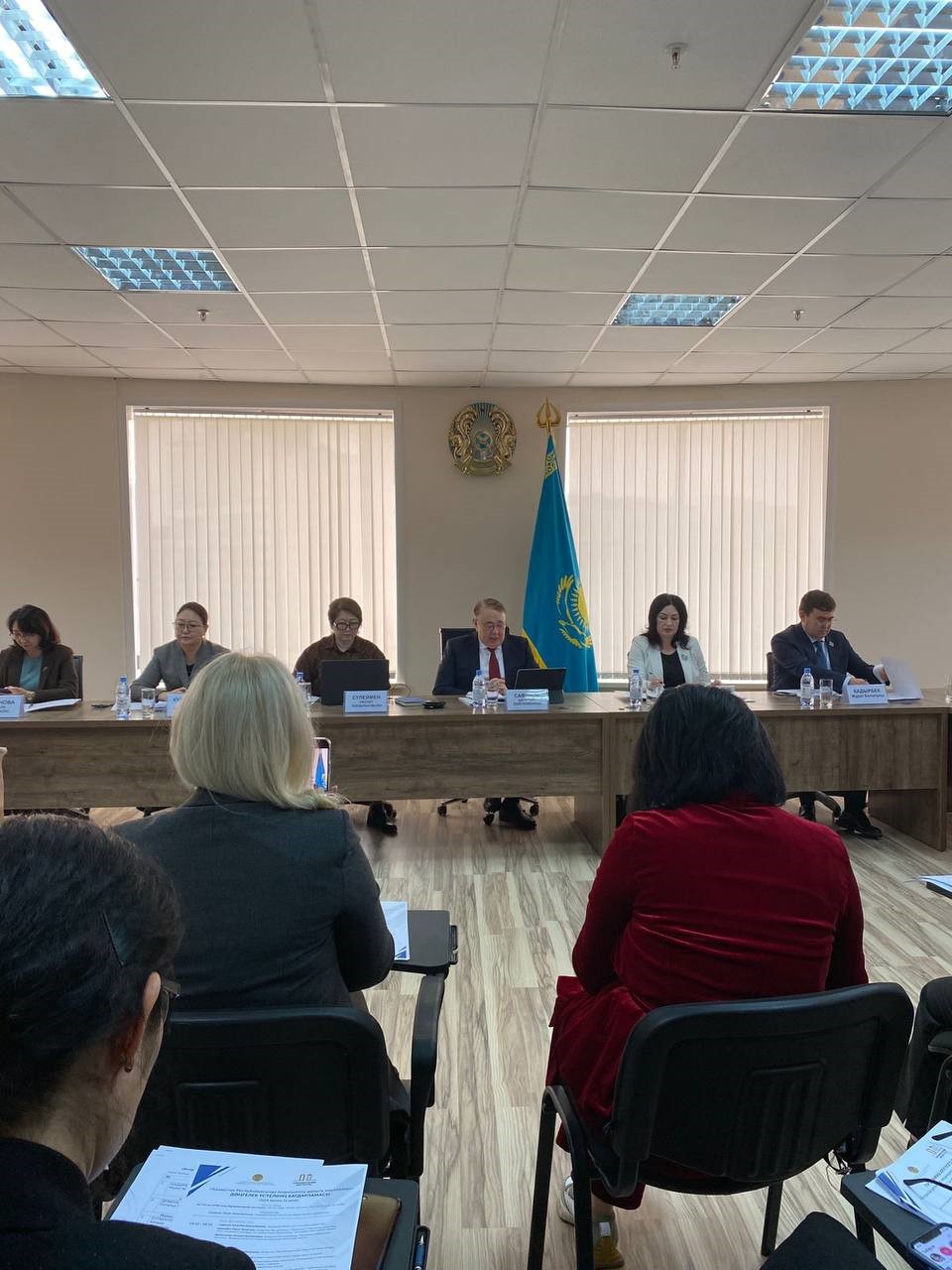
On October 11, the Institute of Parliamentarism under the Presidential Administration of Kazakhstan hosted a roundtable to discuss the Concept for the Development of Mediation in Kazakhstan. The event was organized in collaboration with the Ministry of Information and Social Development of Kazakhstan.
The main focus of the discussion was the Concept for the Further Development of Non-Judicial Mediation from 2025 to 2030. The document highlights key areas for the advancement of mediation in the country, including an analysis of the current situation, international best practices, a vision for future growth, expected outcomes, and implementation stages. The authors of the Concept noted that despite 13 years of mediation practice in Kazakhstan, the Mediation Law has not seen significant revisions, which they argue calls for a reevaluation. The 2022 amendments merely codified existing practices without introducing any major reforms. As a result, experts agreed that the mediation sector in Kazakhstan now requires a comprehensive overhaul.
President Kassym-Jomart Tokayev has repeatedly emphasized the importance of strengthening mediation in his addresses to the nation, underscoring its role in fostering peace and reducing judicial burden.
Kanatbek Safinov, Director of the Institute of Parliamentarism and Doctor of Law, stressed in his speech that the continued development of mediation requires ongoing legal support. While some changes have been made to procedural codes, many provisions still need refinement, particularly with regard to integrated mediation, which remains largely unresolved. He pointed out that the global trend is shifting away from state paternalism toward more conciliatory methods, allowing parties greater choice in how disputes are resolved. Safinov noted that the new Concept for 2025-2030 aims to establish effective dispute resolution mechanisms and calls for greater involvement from the legal community, including the Institute of Parliamentarism, which focuses on improving the quality of Kazakhstan's laws.
The roundtable was attended by several key figures, including Senate Deputy Kadyrbek M.B., Majilis Deputy N.G. Dementyeva, Vice Minister of Culture and Information A.A. Kurmanova, and Deputy Director of the Institute Lyazzat Suleimen. As an international expert, A. Sergeeva, an IMI-certified mediator, lawyer, and guest researcher specializing in Alternative Dispute Resolution (ADR), shared her insights on the potential use of mediation in administrative procedures.
The discussion also featured contributions from professional mediators, lawyers, notaries, and other legal experts. Among the topics discussed were the challenges of family mediation and the role of mediation in criminal cases. Speakers included L.S. Zinashova, Chair of the Specialized Interdistrict Court for Juvenile Cases in Astana, and lawyer B.A. Raisova. R.E. Esentemirova gave a presentation on legal regulation of mediation, while J.A. Zhakupova, President of the "International Human Rights Center," also offered her perspective on the issue. J.Zh. Usipbekova delivered a report on the emerging role of artificial intelligence in pre-trial and judicial mediation in Kazakhstan.
Experts at the roundtable expressed strong support for the Concept, emphasizing that it provides a solid foundation for the development of mediation in Kazakhstan. They noted that the implementation of the Concept will not only professionalize mediators but also improve the quality of services offered. The anticipated outcome is a reduction in societal conflict, a lighter caseload for the judiciary, and a boost in citizens' social responsibility.



